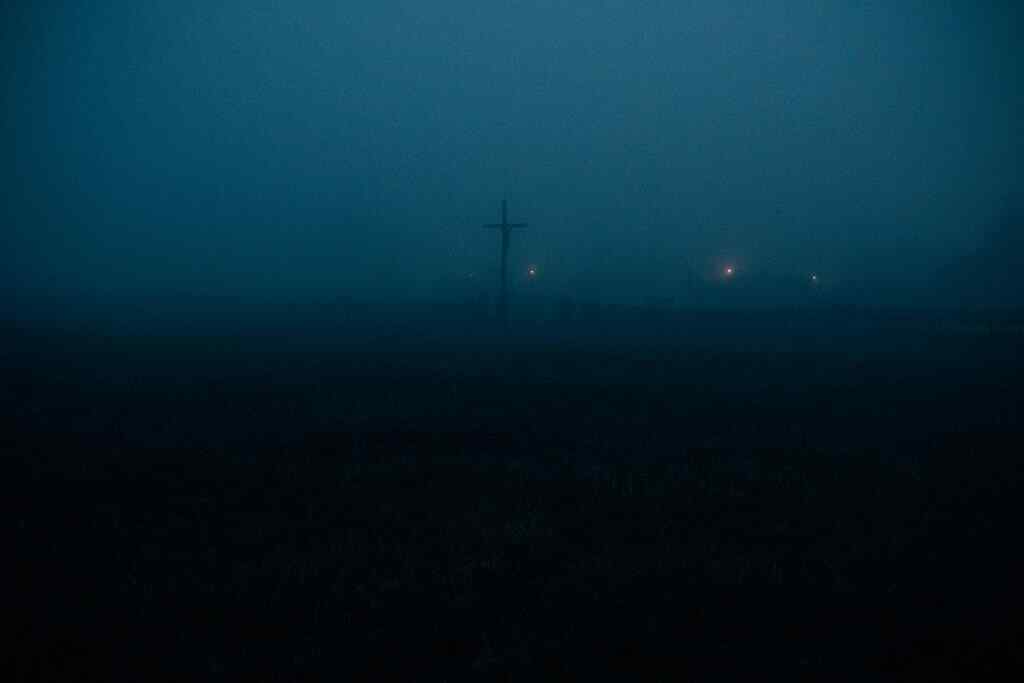Match in the Dark: Illuminating Fair Pay in the Publishing Industry
In a bold move to address the persistent issue of low pay in the publishing industry, the Irish Writers’ Union (IWU) has unveiled “Match in the Dark,” a comprehensive document outlining a set of pay scales and principles aimed at ensuring fair compensation for literary professionals. This initiative has garnered widespread support from renowned authors, including John Banville, Sara Baume, Jan Carson, and Donal Ryan, who have joined forces to amplify the call for change.
Five Guiding Principles: Reshaping the Writer’s Remuneration Landscape
At the heart of “Match in the Dark” lie five fundamental principles that serve as the foundation for a more equitable publishing landscape:
1. Remuneration for All Contributors: Writers deserve payment for their work whenever other individuals involved in a project are compensated. This principle recognizes the value of writers’ contributions and ensures fair recompense for their labor.
2. Affordability and Ethical Practices: Organizations lacking the financial capacity to adequately compensate writers should refrain from undertaking projects, publications, or events that involve literary contributions. This principle emphasizes financial sustainability and responsible decision-making in the industry.
3. Travel and Accommodation Support: Writers should receive travel expenses and appropriate accommodation when necessary. Recognizing the potential financial burden associated with travel for literary events, this principle ensures that writers are not disadvantaged by the costs incurred while fulfilling their professional obligations.
4. Respecting Writers’ Autonomy: The document emphasizes that writers should not be pressured into allowing their talks to be recorded, as this practice could potentially limit their ability to secure future work. Additionally, writers should never be asked to donate their fees back to the paying organization. This principle safeguards writers’ rights and autonomy in managing their work and finances.
5. Guideline Fees: Establishing Fair Compensation Benchmarks: To provide tangible guidance on fair compensation, “Match in the Dark” sets forth a series of guideline fees for various types of literary work:
– Short story or essay: €500
– Poem: €250
– Book review: €400
– Writer in residence: €200 per day
– Solo marquee or festival event: €500
– Keynote address or masterclass: €500
– Solo event in other contexts/locations: €350
– Chairing or moderating a talk: €500
– Five- to 10-minute slot: €250
These guideline fees serve as a starting point for negotiations between writers and organizations, ensuring that writers are fairly compensated for their contributions.
Dispelling the Myth of “Exposure” and Recognizing the Value of Writers’ Work
The document confronts the prevalent excuse of “exposure” as justification for not paying writers. It unequivocally states that “exposure on its own, even where it leads to increased book sales, rarely leads to substantial increased royalties and, when time away from writing is taken into account, can result in a net loss to the writer.” This statement challenges the notion that exposure alone can adequately compensate writers for their time and effort.
“If an organization can’t afford to pay writers, then the exposure it offers is unlikely to be of any great value,” the document asserts, highlighting the fallacy of relying solely on exposure as a form of compensation. It underscores the need for organizations to recognize the economic value of writers’ contributions and to prioritize fair payment practices.
Uniting for Collective Action and Industry Transformation
“Match in the Dark” serves as a clarion call for collective action and industry-wide transformation in addressing the issue of low pay in the publishing sector. It provides a framework for fair compensation, raises awareness of writers’ rights, and challenges outdated practices that undervalue their work. By uniting writers, organizations, and readers in a shared commitment to fair pay, the IWU aims to create a sustainable and equitable ecosystem that recognizes and rewards the invaluable contributions of writers to our cultural landscape.
Delving Deeper into the “Match in the Dark” Document
The “Match in the Dark” document delves into the complexities of the publishing industry, shedding light on the factors that have contributed to the undervaluation of writers’ work. It highlights the disparity between the financial gains of publishers and the meager compensation often received by writers, emphasizing the need for a fairer distribution of revenue.
The document also acknowledges the challenges faced by small literary organizations and independent publishers, recognizing that they may have limited financial resources. However, it proposes creative solutions, such as collaborative funding models and innovative revenue-sharing mechanisms, to ensure that writers are adequately compensated even in these circumstances.
Furthermore, “Match in the Dark” addresses the importance of fostering a culture of respect for writers’ labor. It calls for a shift in mindset, whereby writers are recognized as professionals whose expertise and contributions deserve appropriate financial recognition. This cultural transformation requires a collective effort from all stakeholders in the publishing industry, including writers, organizations, and readers.
The document concludes with a call to action, urging writers to unite and advocate for their rights, and encouraging organizations to adopt fair pay practices as a matter of principle. It emphasizes the need for transparency and accountability in the industry, ensuring that writers are treated with dignity and respect.
Additional Insights from the “Match in the Dark” Document
* The document highlights the disproportionate impact of low pay on emerging writers, who often lack the bargaining power and established reputation of more experienced authors. It calls for special attention to ensuring that emerging writers receive fair compensation for their work.
* The document acknowledges that the issue of low pay is not unique to Ireland and is a global challenge faced by writers in many countries. It encourages international solidarity among writers’ unions and organizations to address this issue collectively.
* The document emphasizes the importance of writers maintaining control over their work and ensuring that they are not exploited or coerced into accepting unfair terms. It encourages writers to educate themselves about their rights and to seek legal advice when necessary.
* The document recognizes the role of readers in supporting fair pay for writers. It calls on readers to be mindful of the value of writers’ work and to make informed choices about the books they purchase and the events they attend, ensuring that writers are adequately compensated for their contributions.






